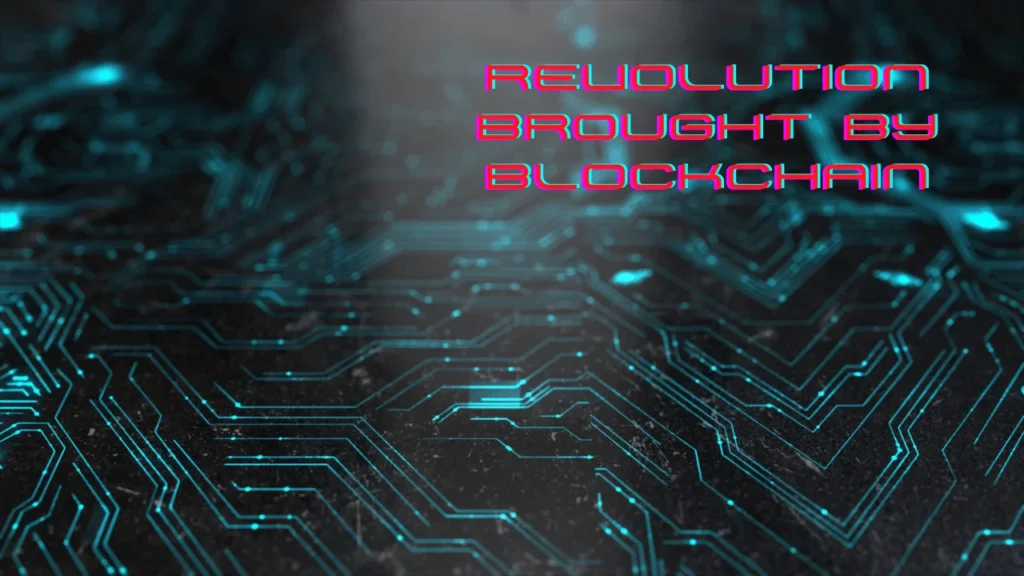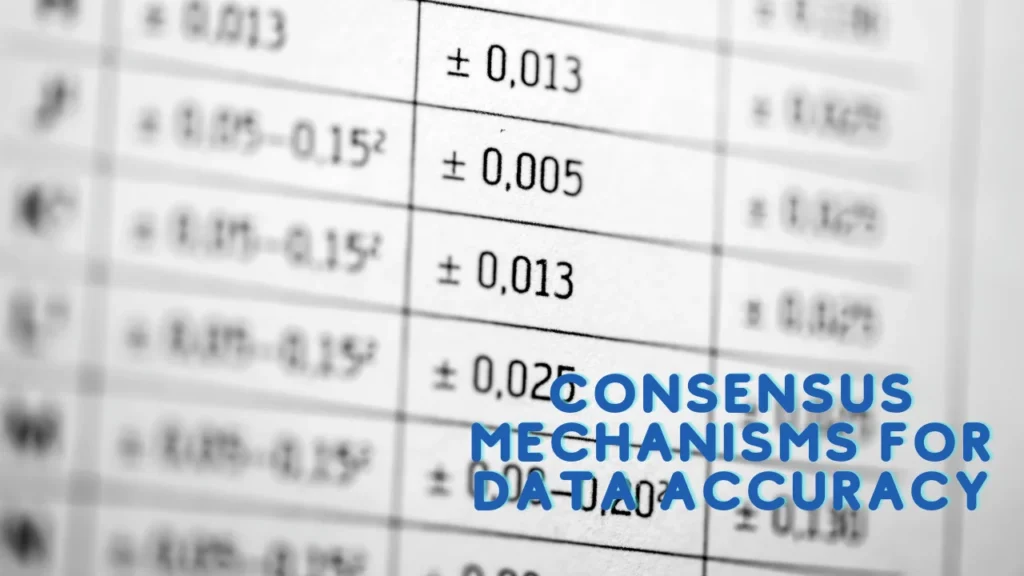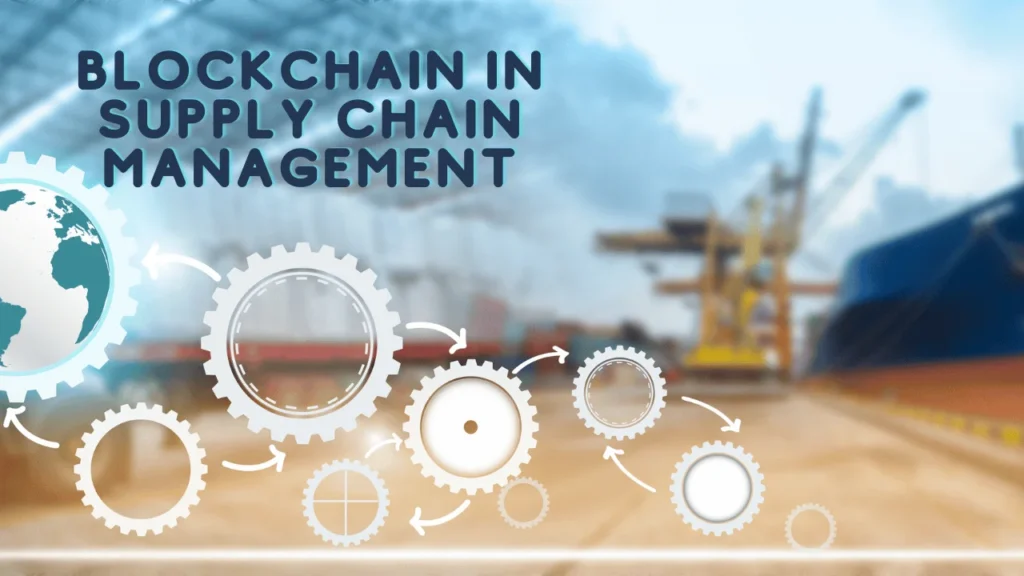The transition from paper archives to complex digital databases is a major example of how record-keeping practices have evolved in the digital age. However, a new era in this evolution has begun with the introduction of blockchain technology, which has several benefits over older systems. Blockchain solutions are redefining security, transparency, and efficiency in record-keeping and transaction processing; this article explores their unique attributes.
The decentralized, transparent, and irreversible characteristics of blockchain solutions set them distinct from traditional record-keeping methods. Blockchain disperses data across a network of nodes, as opposed to conventional systems that are centralized and controlled by specific entities. The architecture is designed to be more resistant to attacks and system failures, and it also uses advanced cryptography to make it more secure. With blockchain technology, middlemen are no longer needed, which streamlines processes and has the ability to increase efficiency and decrease costs.
Revolution Brought by Blockchain

There has been a sea change in the verification, storage, and access of data with the implementation of blockchain technology. Transforming the landscape of digital transactions and record-keeping, it serves various sectors, including finance, healthcare, supply chain management, and real estate. To demonstrate the influence of blockchain on contemporary corporate procedures and data management, this section delves into its distinguishing characteristics.
Decentralized Record-Keeping
Removing Potential Failure Points: By preventing data storage in a single repository, blockchain technology greatly lessens the likelihood of hacking, fraud, and data corruption.
Improved Safety of Data: Utilizing advanced cryptography, blockchain secures data against unauthorized access. Blockchain technology is perfect for protecting sensitive data because it promotes trust among users.
Transparent Transaction Ledger
All parties involved can access transaction data in real-time thanks to blockchain’s unprecedented transparency. Important in both financial transactions and supply chain management, this function encourages responsibility and confidence.
Immutable Data Storage
An Unchangeable Record of Deals: Data integrity and reliability are guaranteed by the immutability of recorded transactions on blockchains. Due to its immutability, blockchain technology is highly advantageous in auditing and compliance processes, which place a premium on accurate historical data.
Cryptography in Blockchain
Advanced Security Protocols: Blockchain prevents data manipulation and hacking by using cryptographic algorithms, which also guarantee that only authorized users can access the information.
Consensus Mechanisms for Data Accuracy

When it comes to validating transactions, blockchain technology uses consensus mechanisms such as Proof of Work (PoW) and Proof of Stake (PoS). These mechanisms further secure the network against fraudulent activities by requiring the agreement of multiple parties.
Smart Contracts Automation
Contract Automation: Smart contracts, made possible by blockchain technology, automate procedures, cut down on human intervention, and eliminate human mistake. Streamlining complicated contractual obligations and transactions is where this feature really shines.
Challenges and the Future of Blockchain
Blockchain technology has many benefits, but it also has some drawbacks. Important challenges include scalability, legacy system integration, and the ever-changing regulatory environment. To overcome these obstacles and increase the technology’s usefulness, blockchain standards are still being refined and consensus mechanisms are being improved.
Blockchain in Supply Chain Management

Blockchain technology’s potential to improve traceability, efficiency, and transparency is demonstrated by its use in supply chain management. Blockchain technology, which creates an immutable distributed ledger of all transactions, can greatly enhance product tracking and authenticity verification, lessen the impact of the gray market and counterfeit goods, and guarantee conformity with rules.
Traceability of Goods
Blockchain enables the tracking of products from their origin to the end consumer, providing a transparent and unchangeable record of each step in the supply chain. The authenticity of goods can be guaranteed and counterfeiting can be reduced with this visibility.
Streamlined Processes and Reduced Costs
Significant savings and improved efficiency are achieved through the use of smart contracts to automate numerous supply chain processes on the blockchain. This eliminates the need for intermediaries, paperwork, and human intervention.
Improved Compliance and Quality Control
Using blockchain technology, quality control and compliance with regulations can be tracked throughout the entire supply chain. The distribution of products that do not meet the required standards can be averted in this way.
Blockchain in Financial Services
Traditional financial systems are unable to compete with the new security, efficiency, and transparency brought about by blockchain technology, which is causing a revolution in the financial industry. It can be used for a variety of purposes, such as making payments and remittances easier and more secure.
Secure and Efficient Payments
By eliminating the middlemen and fees involved with traditional banking and money transfers, blockchain technology allows for the instant, secure, and global transfer of value.
Transparent Financial Records
Accurate, transparent, and tamper-proof financial records are guaranteed by the immutable nature of blockchain. Stakeholder confidence is boosted as a result of a decrease in the likelihood of fraud and mistakes.
Access to Financial Services
By removing the middleman and facilitating low-cost, secure transactions, blockchain technology can help the unbanked and underbanked gain access to banking services.
Blockchain in Healthcare
By making health data more secure, private, and interoperable, blockchain technology has the ability to revolutionize healthcare. Electronic medical records can be made more efficient, disintermediated, and secure with this technology, which can lead to a new model for health information exchanges.
Secure Patient Data Sharing
With blockchain technology, the healthcare system can establish a safe and effective framework for the sharing of patient data among all parties involved, while still protecting the privacy and consent of patients.
Counterfeit Drug Prevention
Pharmaceuticals can have their entire life cycle recorded on a blockchain, allowing stakeholders to confirm the drugs’ legitimacy and cut down on the possibility of fake drugs making it into the supply chain.
Data Privacy
The decentralized and encrypted nature of blockchain technology makes it ideal for storing sensitive medical records, and it also gives patients more say over who can access their records.
Must Check: Blockchain Developer Roadmap: A Complete Guide
Frequently Asked Questions
Q1: How does blockchain enhance data security?
Answer 1: Due to its use of sophisticated cryptography and decentralized storage, blockchain significantly improves data security, rendering unauthorized access and data tampering extremely difficult, if not impossible.
Q2: Can blockchain technology be integrated with existing legacy systems?
Answer 2: It is possible to integrate blockchain with legacy systems; however, careful planning and development may be necessary to guarantee efficiency and compatibility.
Q3: What are smart contracts and how do they work?
Answer 3: The terms of a smart contract are written into code, and the contract itself executes. When certain conditions are satisfied, they execute and enforce the terms of a contract automatically.
Q4: How does blockchain achieve transparency in financial transactions?
Answer 4: Blockchain makes transactions transparent by recording them on a public ledger that everyone in the network can access. This makes them easy to trace and verify.
Q5: What are the scalability challenges of blockchain, and how are they being addressed?
A5: Ensuring quick transaction speeds and managing the expanding blockchain size are scalability challenges. Some potential solutions are sharding, off-chain transactions, and better consensus mechanisms.
Conclusion
Finally, unlike conventional methods, Blockchain Solutions provides a fresh perspective on record-keeping and transactions. Blockchain is poised to revolutionize numerous industries due to its decentralized nature, improved security, transparency, and efficiency. A future where transactions are more secure, transparent, and efficient than ever before is promised by this technology as it continues to evolve, which has the potential to reshape the global digital landscape.

Brandy Stewart, an enchanting wordsmith and seasoned blogger, weaves compelling narratives that transport readers to uncharted territories. Infused with perceptive viewpoints and dynamic storytelling, Doris exhibits a command of language that enthralls both hearts and minds, leaving a lasting mark on the literary panorama.

